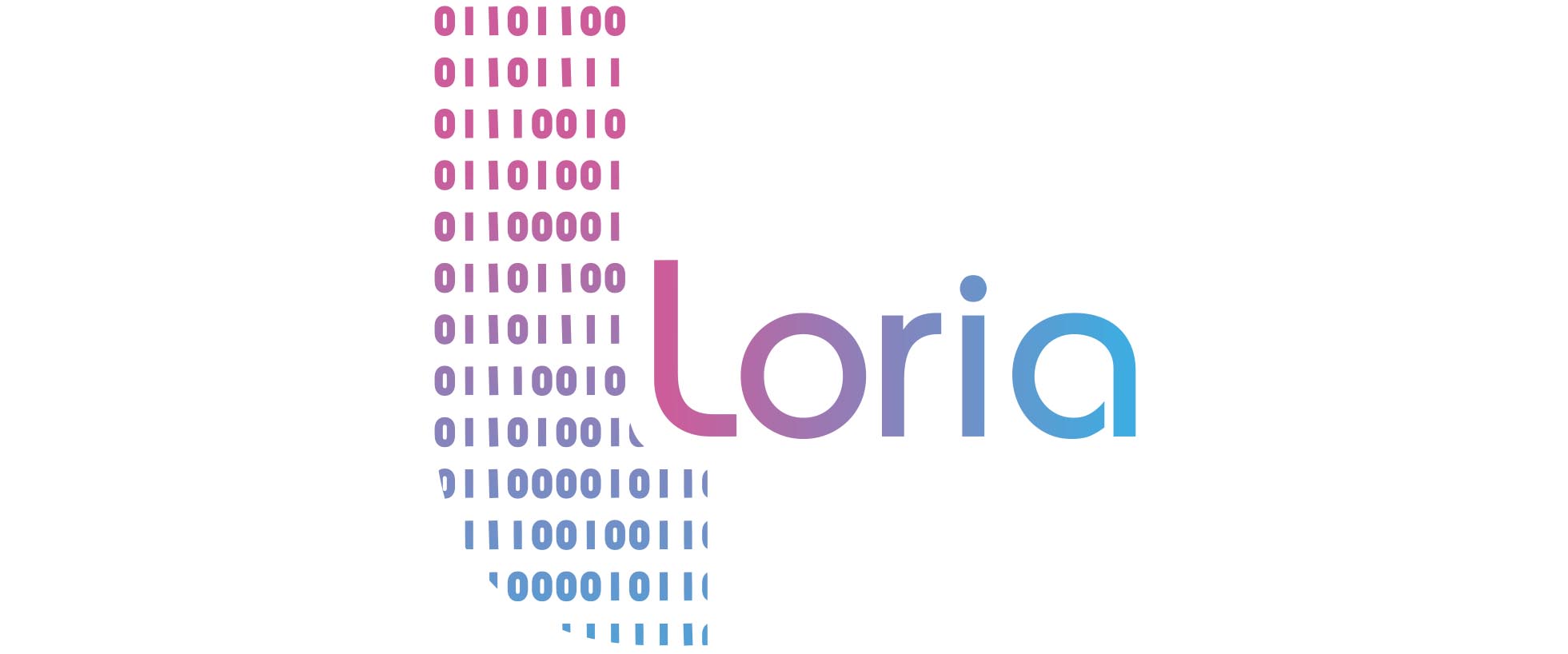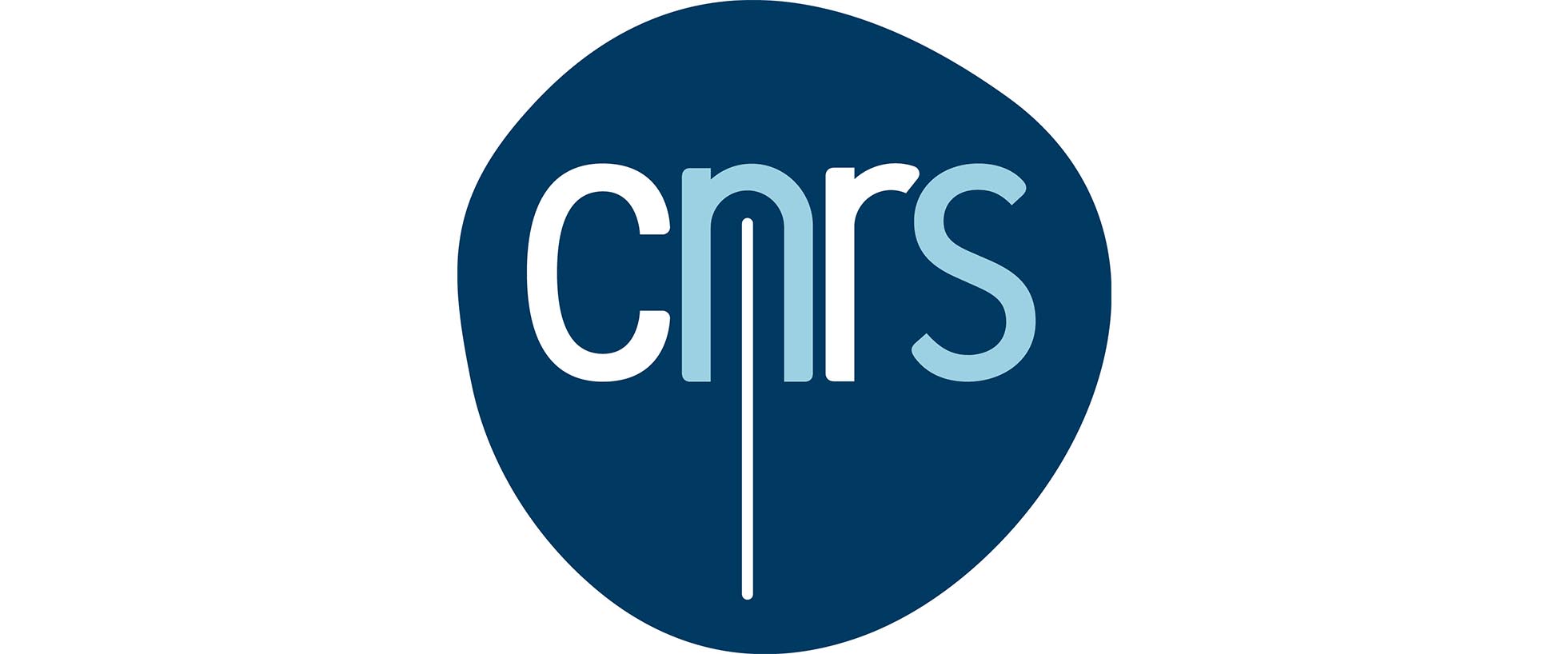Higher Education
- 2022-2023 FASM1: Advanced Medical Studies (4th year) University of Lorraine
- 2021-2022 FGSM3: 3rd year Medical Studies University of Lorraine
- 2021 Habilitation à Diriger des Recherches University of Lorraine, LORIA (2021-03-11)
- 2007-2010 Doctorate in Computational Neurosciences University of Bordeaux 1, IMS (Laboratory of Integration : From Materials to System), UMR-CNRS 5218, Bordeaux France
- 2006-2007 Master 2 in Cognitive Science University of Bordeaux 2 and IMS Laboratory, France
- 2005-2006 Master 2 in Mathematics University of Bordeaux 1 , France
Specialization: Differential and Algebraic Geometry, Probability and Statistics.
- 2004-2005 Maîtrise in Mathematics (French equivalent master 1) University of Bordeaux 1 , France
- 2003-2004 Bachelor in Mathematics, University of Marne-la-Vallée, France
Specialization: Algebra and Geometry, Numerical Analysis. - 2001-2003 2-year Intensive Course, (classes préparatoires MPSI, MP), Saint-Louis and Schweitzer preparatory schools, Paris and Le Raincy, France
Scientific and Teaching Professional Experience
- Since September 2013: Associate Professor, Université of Lorraine – LORIA (Laboratoire LOrrain de Recherche en Informatique et ses Applications) – CNRS – INRIA, Nancy, France
- 2012-2013: Postdoctoral Researcher, Inria Nancy–Grand-Est, team CORTEX, France
- 2012-2013: Temporary Teaching Assistant Université de Lorraine, UFR Mathématiques et Informatique, Nancy, France
- 2010-2012: Postdoctoral Researcher, Ruhr-Universität Bochum, DFG (Deutsche ForschungsGemeinschaft), Mercator Research Group « Structure of Memory », Bochum, Germany
- 2007-2010: Doctoral Researcher, Université Bordeaux 1 – IMS (Laboratory Integration form Material to Systems), Bordeaux, France
- 2007-2010: Temporary Teaching Assistant, ENSEIRB (École Nationale Supérieure d’Électronique, Informatique, Télécommunications de Bordeaux), IUT Bordeaux 1, Bordeaux, France
Scientific Supervision
Postdoc:
- Loïs Naudin: Computational Modeling of the Retinal Electrophysiological Activity
Ph.D. Theses at the University of Lorraine:
- Sarah Hamdi-Cherif (2023-2026?). Title: Computational Modelling of the Hippocampus for the Study of Pathophysiological Plasticity Mechanisms in an Animal Model of Schizophrenia. Co-supervision with Radu Ranta (CRAN) and Jérémie Gaidamour (IECL)
- Laetitia Raison-Aubry (2021-2024?). Title: Computational Modeling and Simulation of Electrophysiological Retinal activity for the Study of Pathophysiological Mechanisms in Neuropsychiatry
- Nathalie Azevedo (2018-2021). Title: Un modèle informatique biologiquement réaliste des oscillations neuronales pathologiques observées dans la maladie de Parkinson. Co-supervision with Dominique Martinez, LORIA
- Amélie Aussel (2016-2019). Title : Computational Modeling of Healthy and Epileptic Hippocampal Oscillations. Co-supervision with Radu Ranta, CRAN.
- Francesco Giovannini (2014-2017). Title: Mathematical Modelling of Neural Oscillations in Hippocampal Memory Networks during Waking and under General Anaesthesia.
Student research projects (>20)
Administrative responsibilities
- Co-head of the Inria Neurosys team (2015 to Dec.2020)
Elected member of:
- Board of Directors of the OCNS (Organization for Computational Neuroscience) – Newletter Editor (Dec.2019-Dec. 2022)
- Council and Board of the AM2I scientific department of the University of Lorraine (since 2017)
- Council of IDMC (since 2018)
- Inria CDT council (Commission de Développement Technologique) (2013-2015)
Nominated member of:
- EBRAINS-FR Scientific Committee (since June 2024)
- Steering Committe of the IT-neuro Network (Lorraine regional network in neuroscience) (since 2017)
- Parity Committee at LORIA (since 2020)
Prizes and Awards
- 2009: For Women and Science Award L’Oréal France Foundation-UNESCO-French Academy of Sciences
(ten awardees a year) - 2009: Grant from the ACCN (Advanced Courses On Computational Neuroscience) for a scientific stay
Miscellaneous
- AFGSU level 2 (Attestation de Formation aux Gestes et Soins d’Urgence, niveau 2): emergency care training for medical staff (2022)
- Radiation protection training (2023)
Skills and Interests



